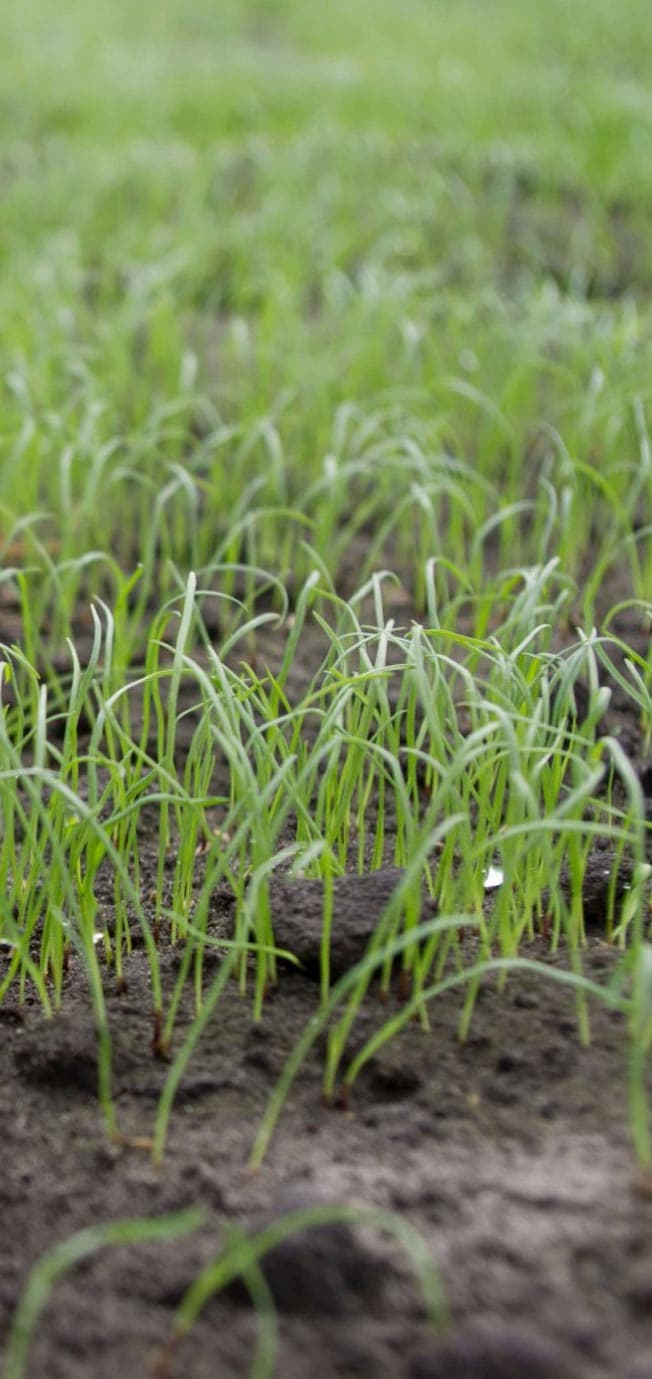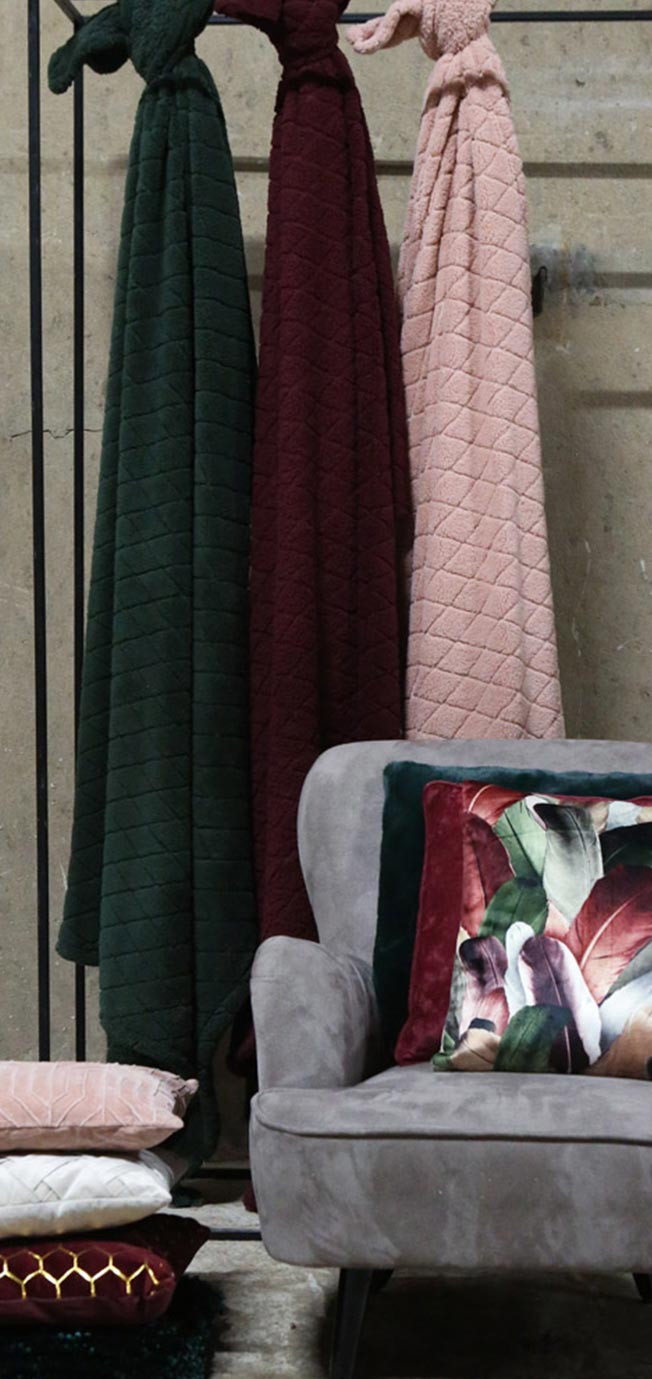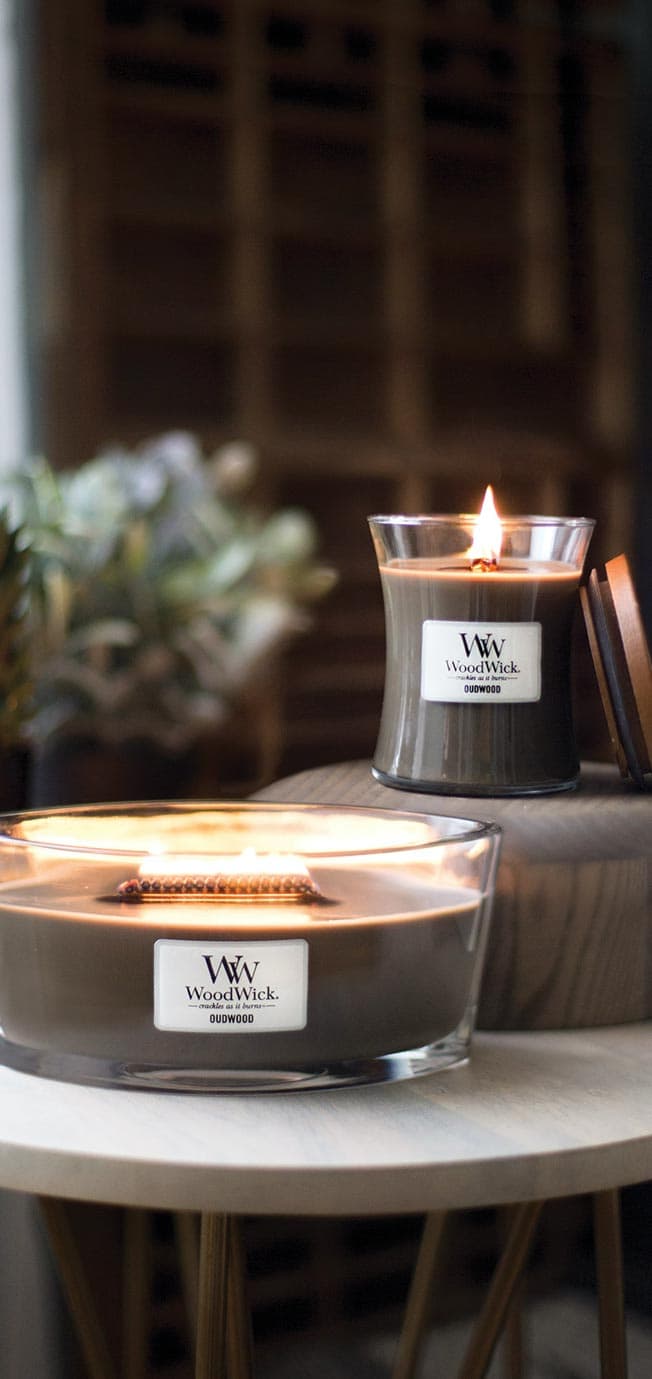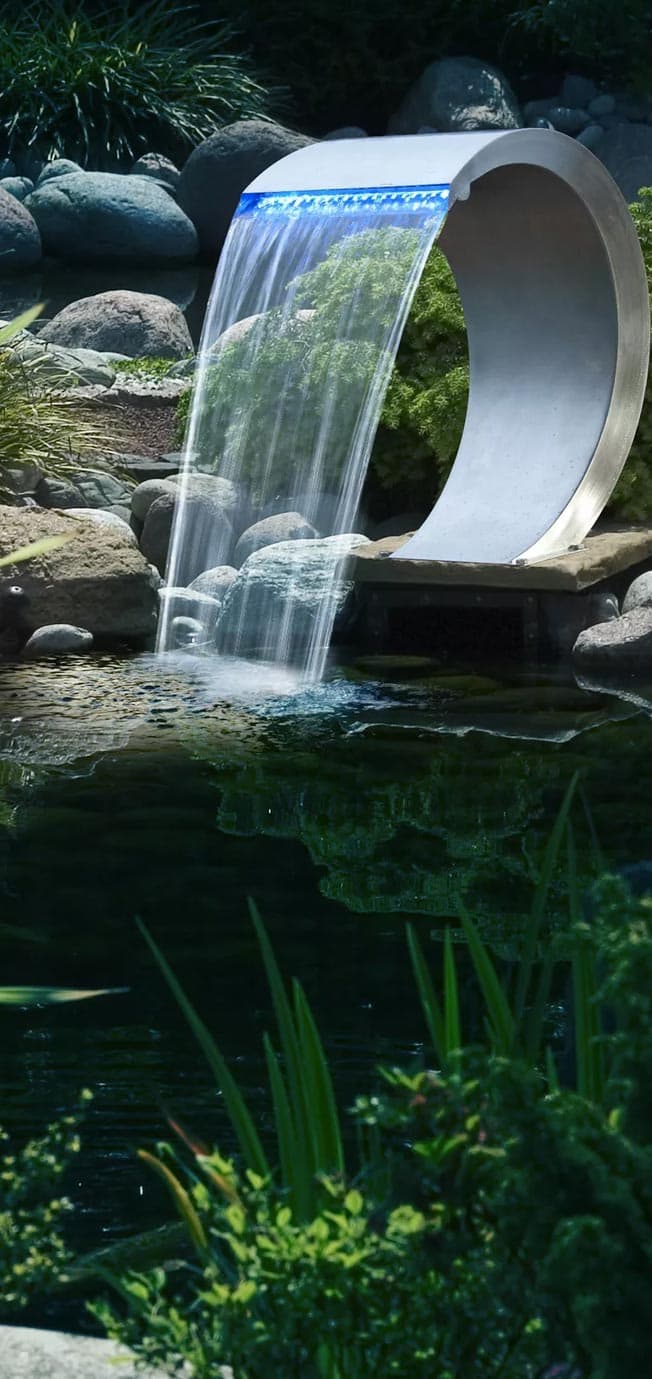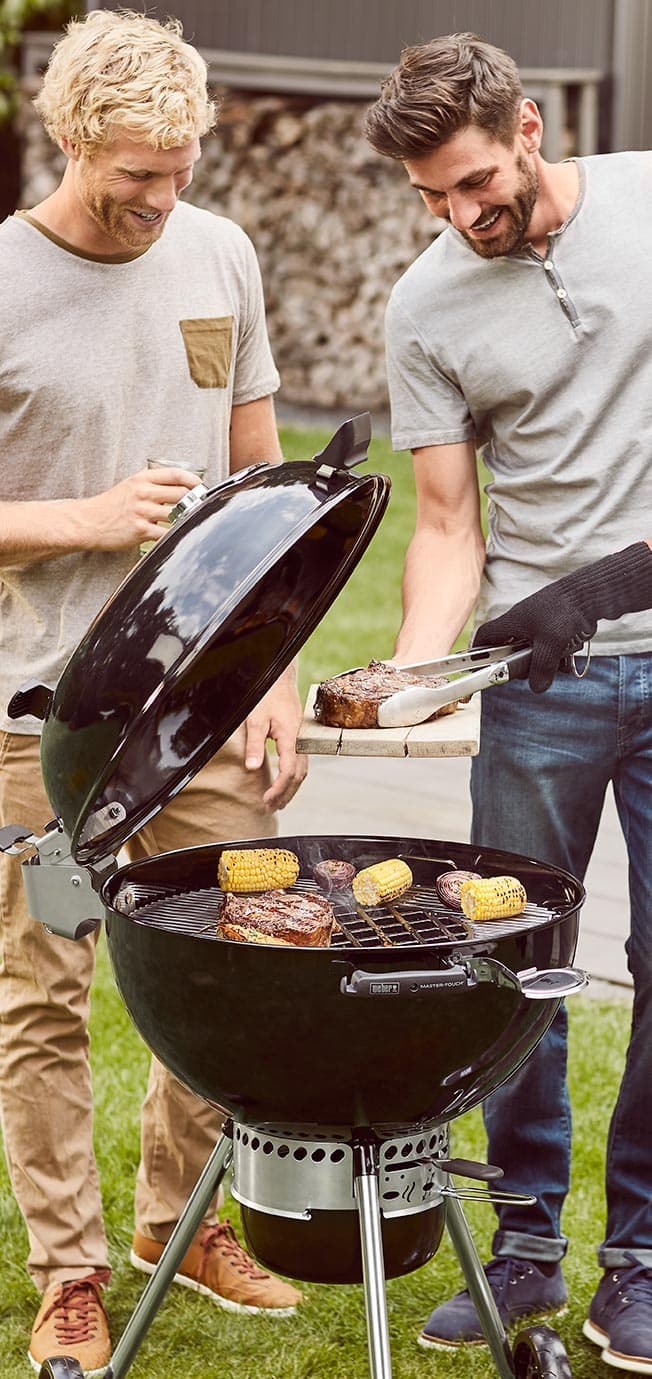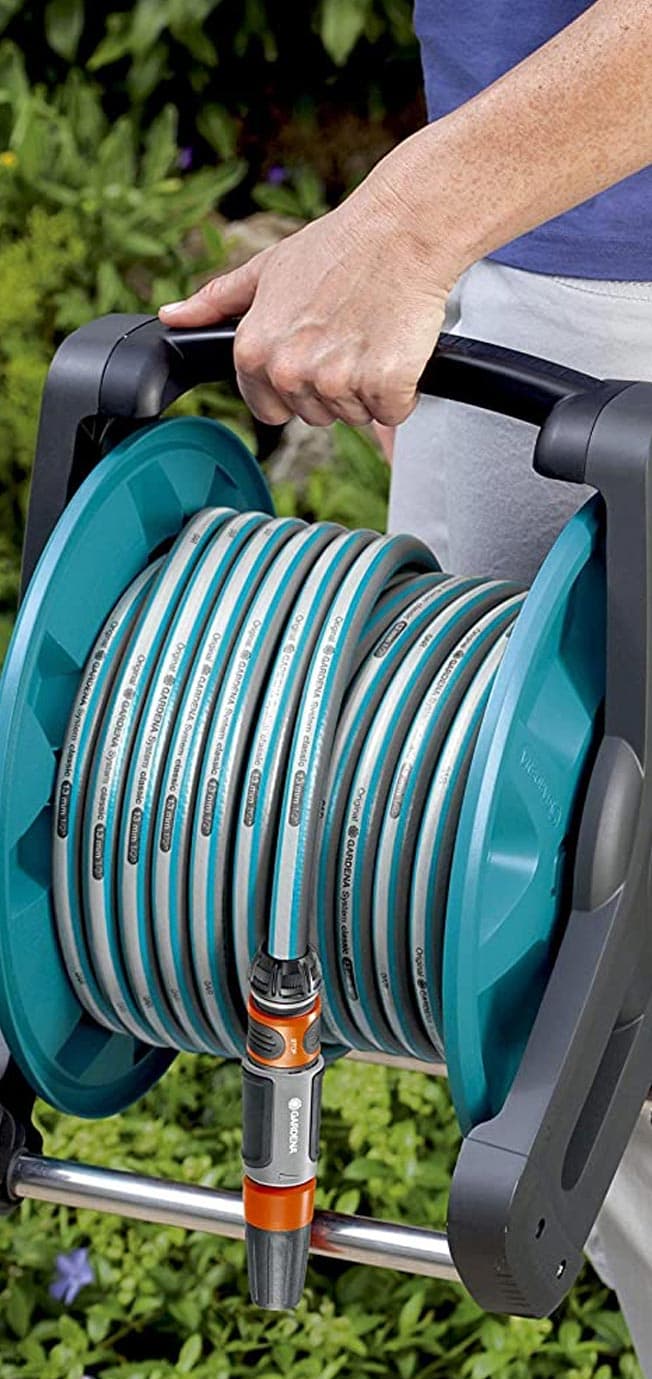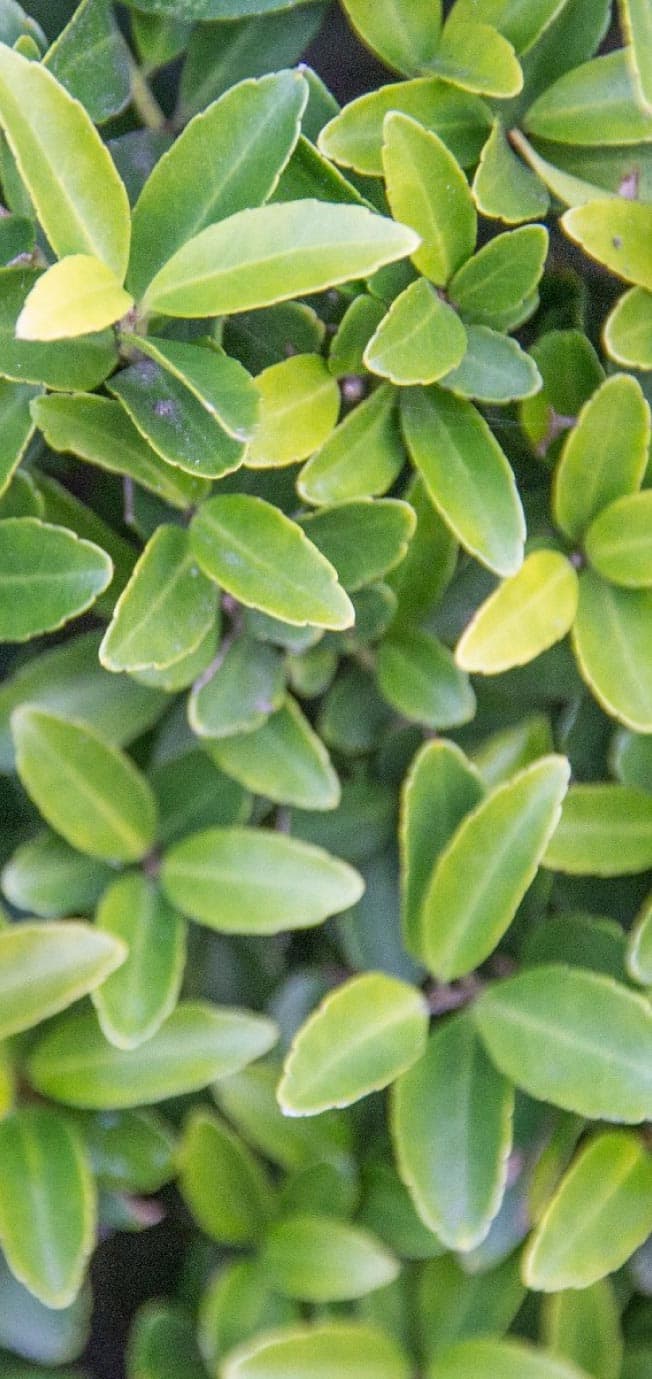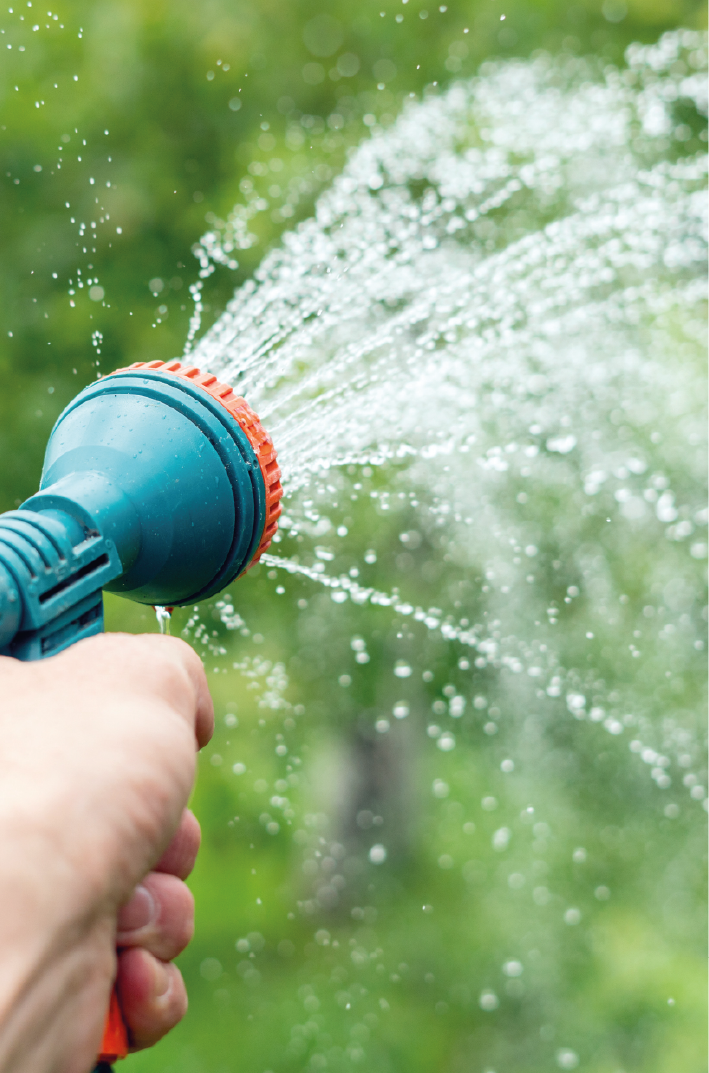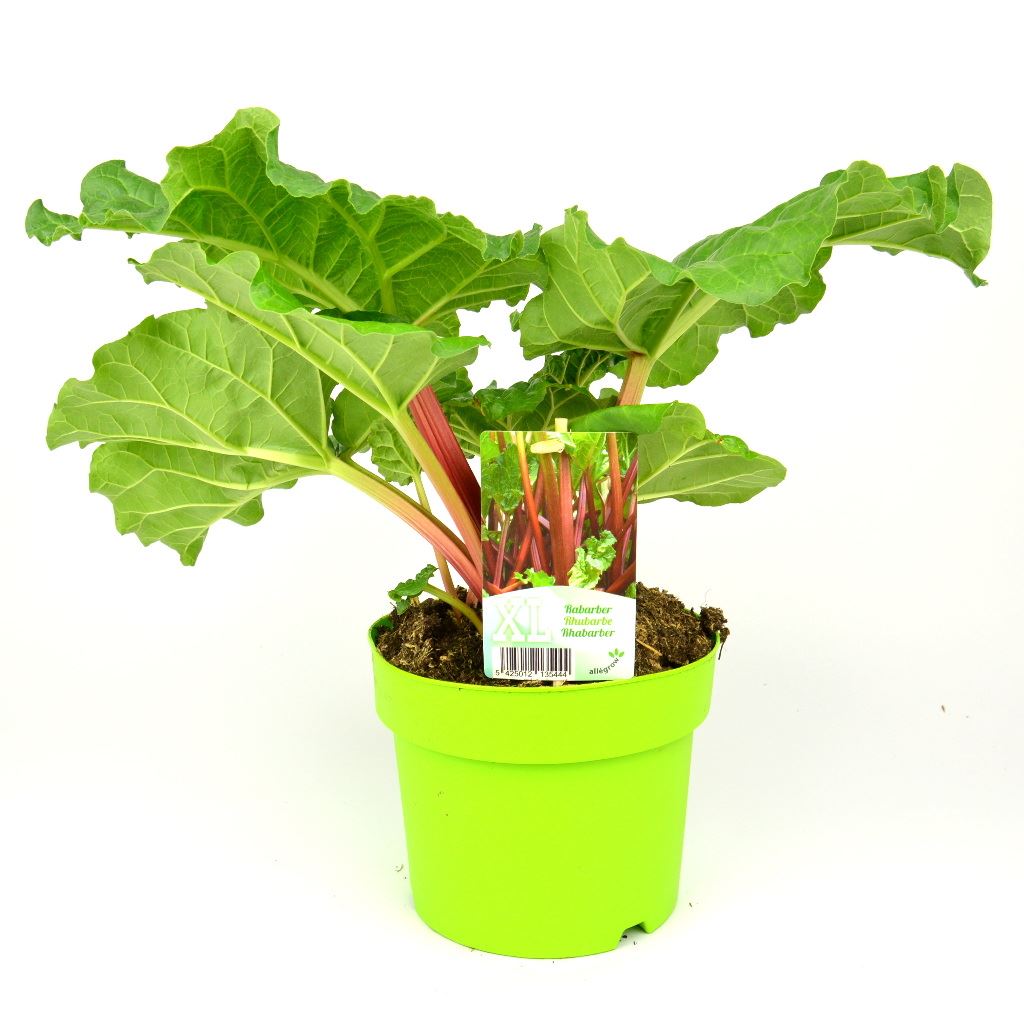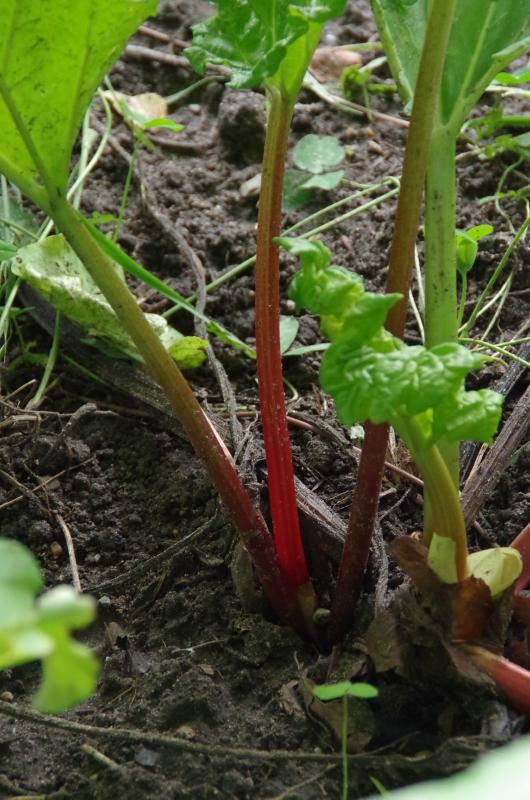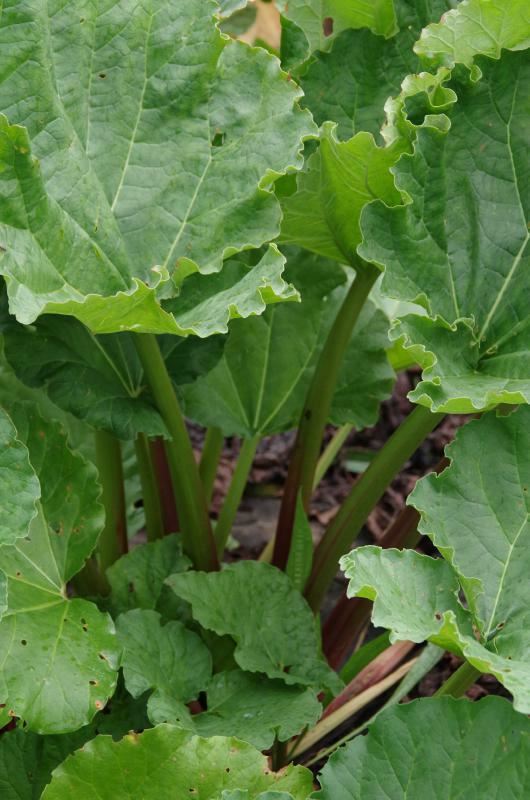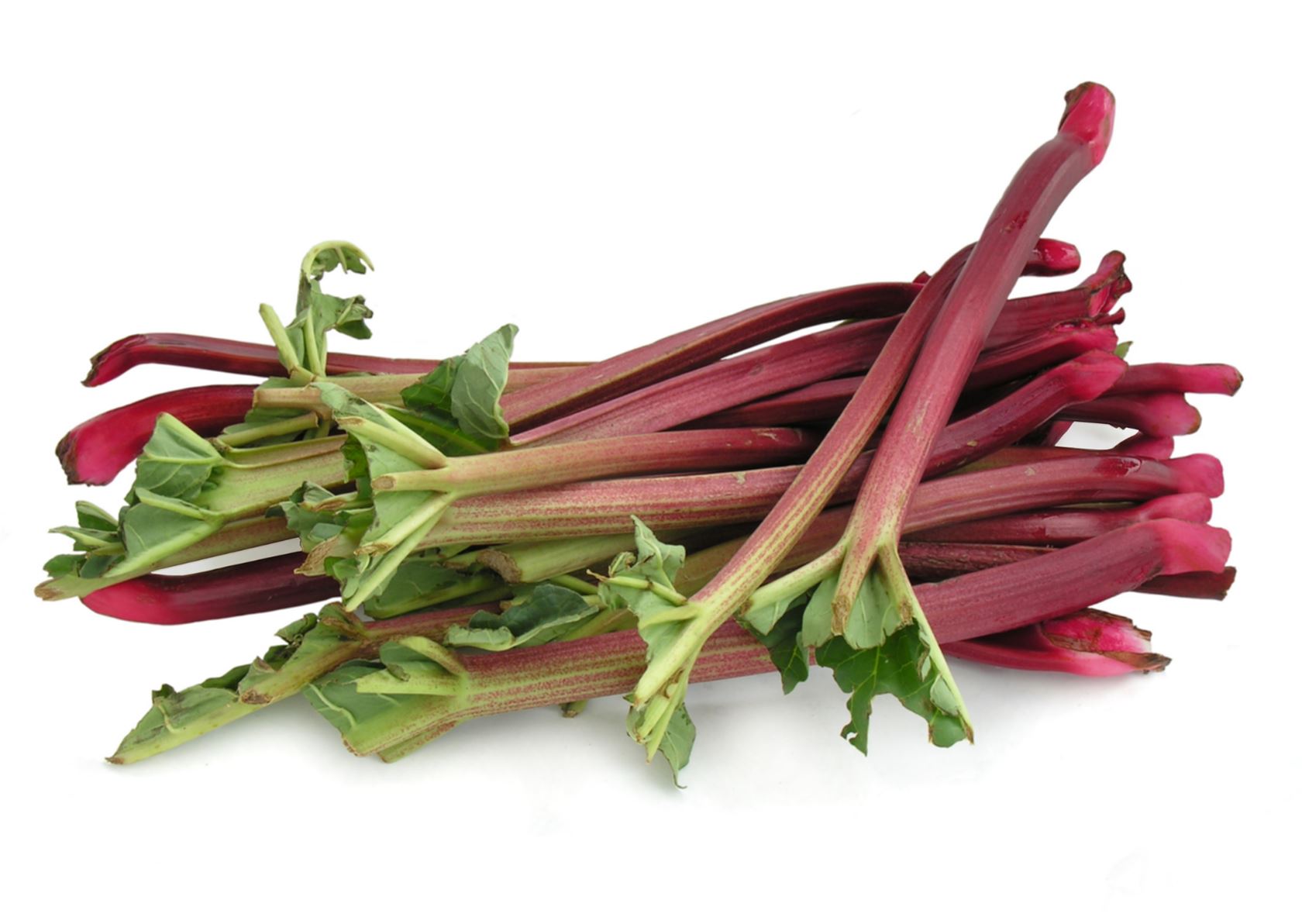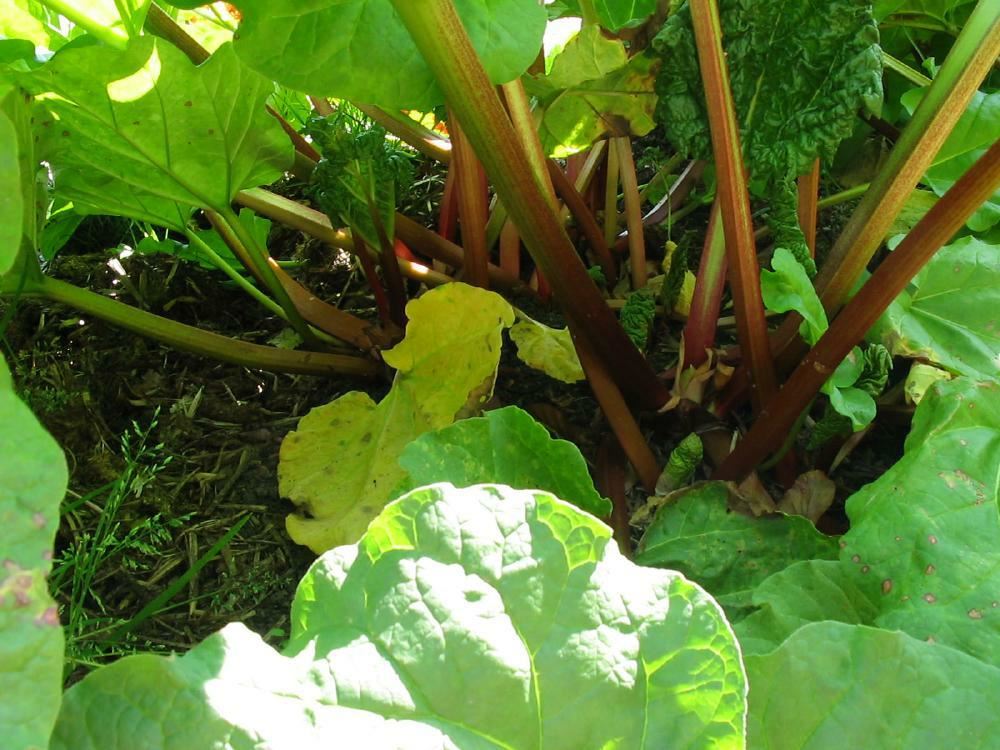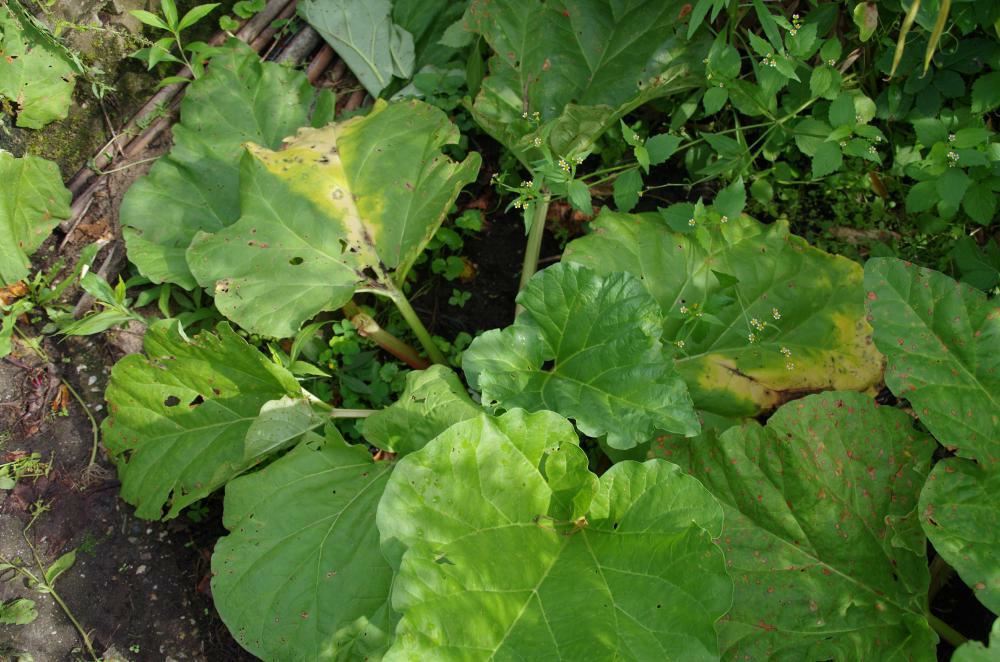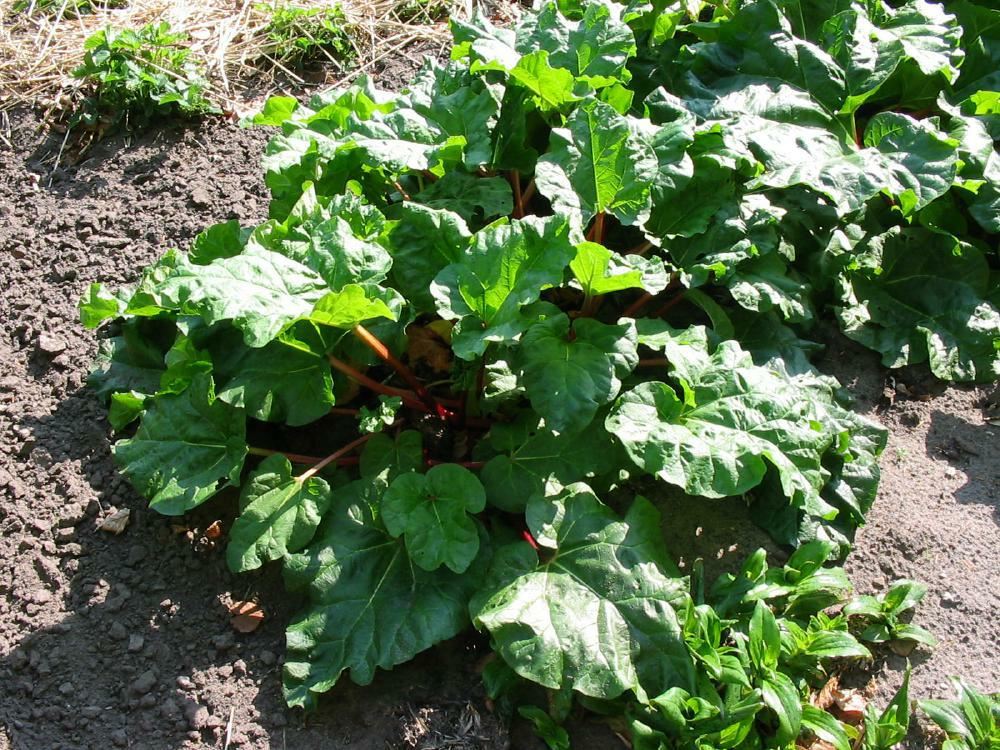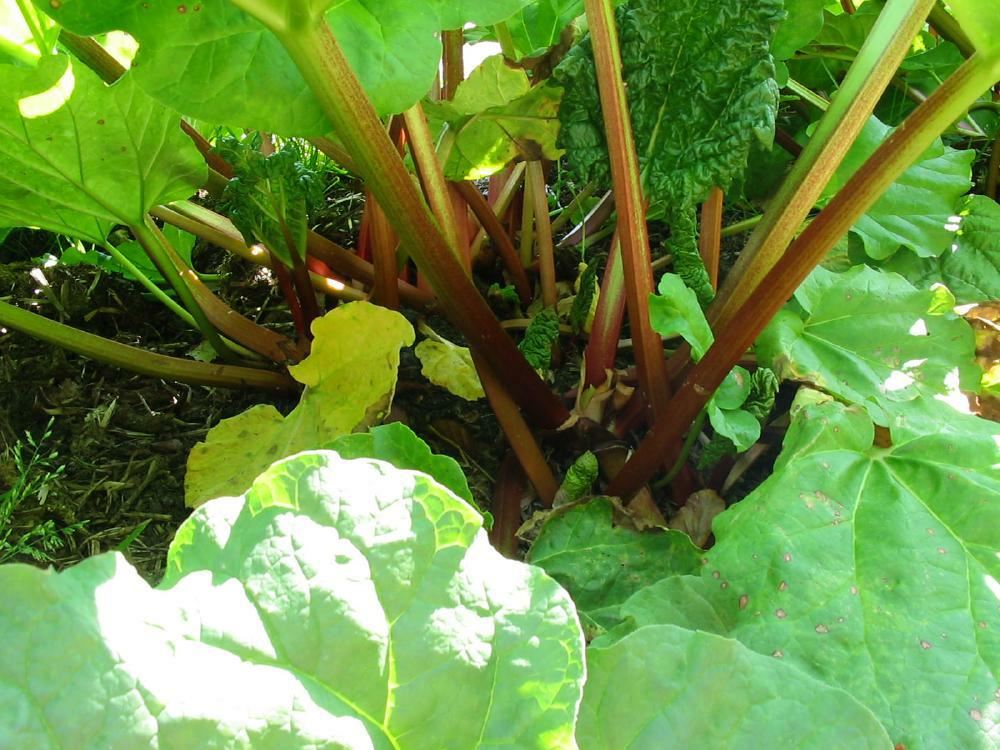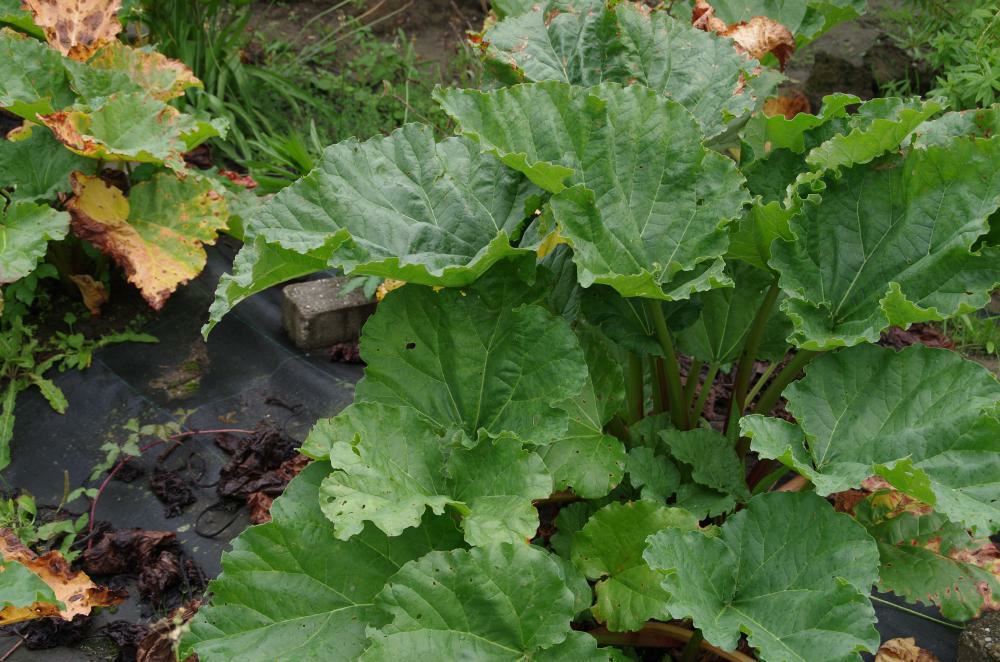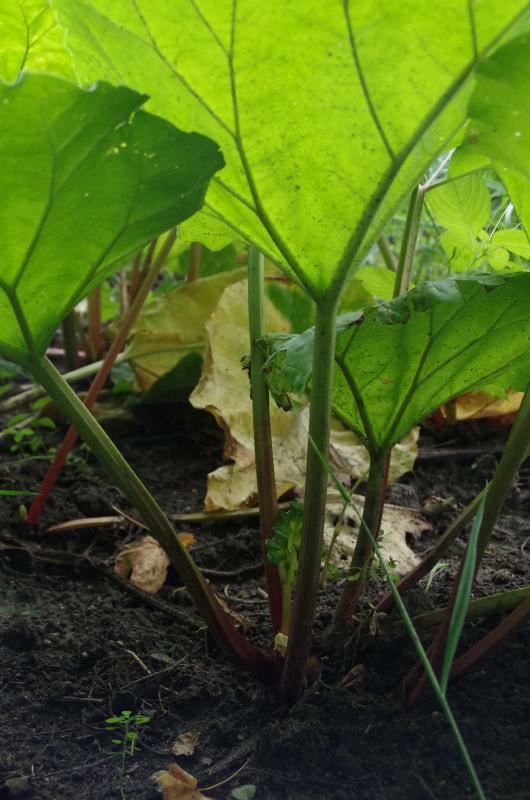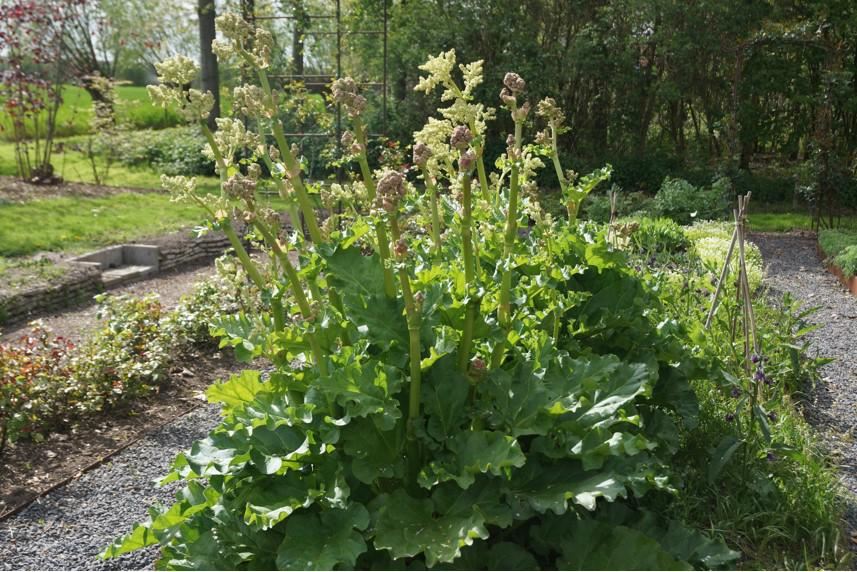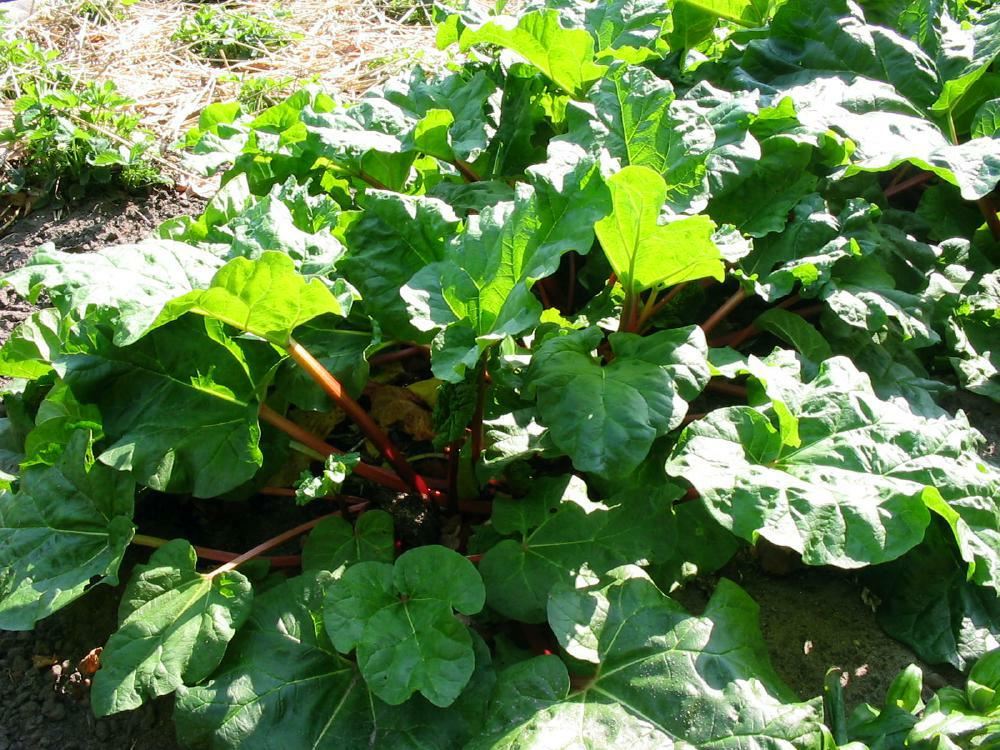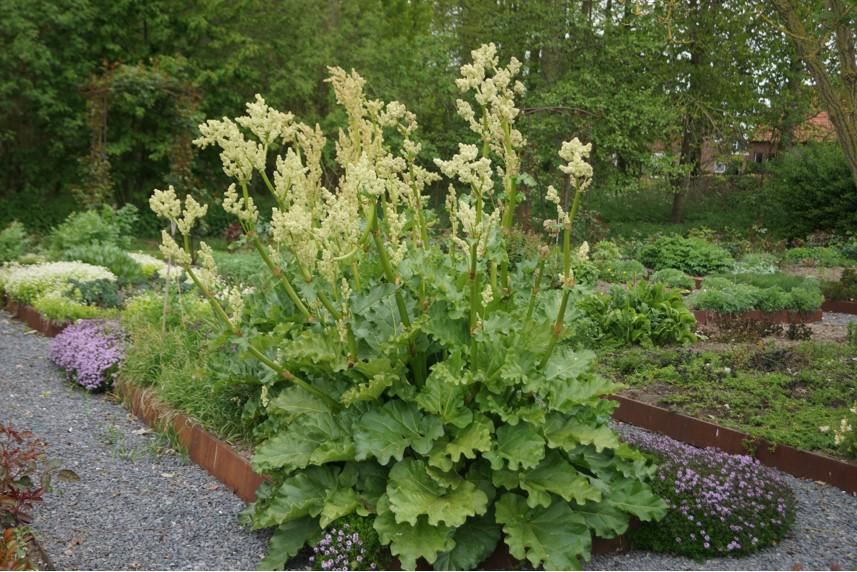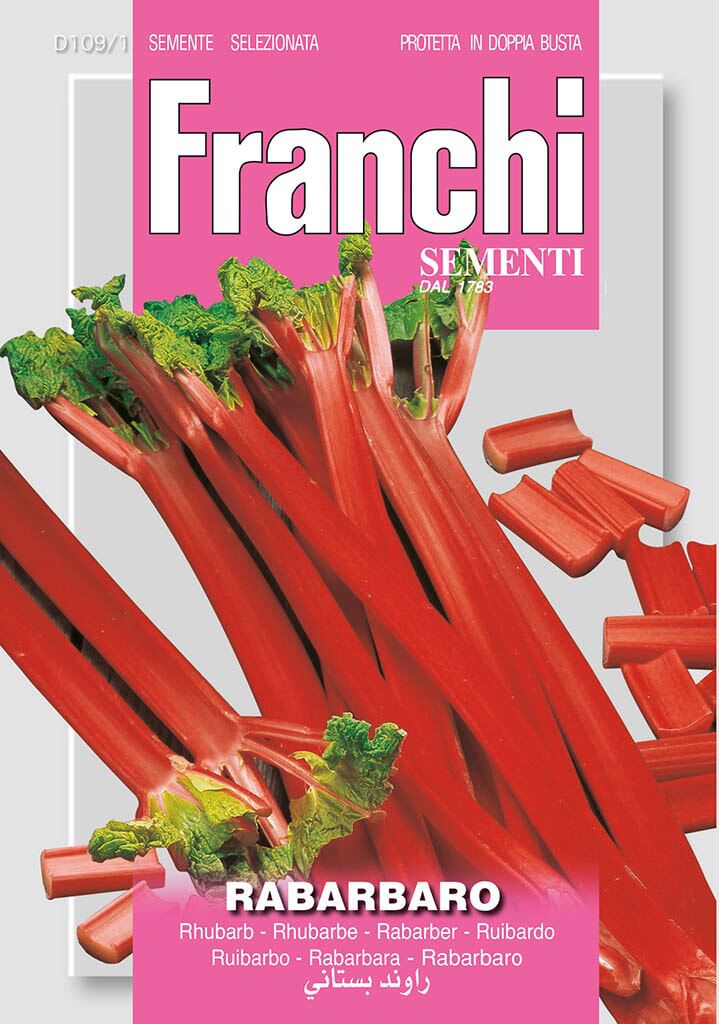Rhubarb red - pot ø19 cm - cut quality
Rabarber
Product information "Rhubarb red - pot ø19 cm - cut quality"
Rhubarb is not unknown to most people. It is a perennial plant that can survive cold winters thanks to its sturdy rhizomes and can also overcome extremely dry periods. In early spring, the leaves of the rhubarb plant reappear. The rate of shooting is strongly tied to the variety.
CULTIVATION TIPS:
Rhubarb requires a sunny position. Semi-shade is also possible, but then there will be less yield and especially the red coloring of the leaf stalk is disappointing. Rhubarb needs fertile soil, which doesn't get flooded in winter. A slightly acid soil is preferred. It is a greedy plant that likes organic fertilizer. Therefore, in the folk or peasant garden one often finds the plant at the manure pit. The planting time for rhubarb rootstocks is from April to June. Plant 1 plant per meter. In the first and second year you harvest very little or nothing, so that the rhizomes can develop. Only from the third year onward may you harvest in full. The flower stalks, which regularly grow, are best removed. They take too much of the plant's reserve food. Harvesting mainly takes place in the spring, until the end of June. Harvest regularly, and only the thickest stems. On no account cut off the leafstalks, the remaining pieces will rot and can thus affect the entire plant. Take hold of the petioles at the bottom, bend them inward and then pull them off while twisting. In summer the stems become tougher and thinner, they are not very tasty. Give the plant a rest to build up new reserves. in winter the above ground parts of the plant die completely.
CULINARY:
Rhubarb is usually made into a puree or jam. Fresh stems from leaves that are 10-35 days old provide the best consumption quality. Older leaves produce stems with more oxalic acid and do not taste as good. Also, immediately after harvest, cut the leaves from the stems, otherwise they may still draw too much moisture from them.
MEDICINAL:
Rhubarb contains many vitamins and is effective against a cold. The stems contain besides oxalic acid a relatively large amount of malic acid, which has a blood cleansing effect and would be good for the heart and blood vessels. Rhubarb is also known for its laxative effect.
VARIA:
As for cultivars, it is especially important to pay attention to the color of the stems. The green-stemmed varieties are the strongest growers, but would be a little less pronounced in flavor. The varieties with petioles that are a bit redder in color have smaller yields but better flavor.If you want to freeze rhubarb, the varieties with green stems are better suited.
Product specifications
| Application / use plant: | Unknown - n/a |
|---|---|
| Average number per m²: | 2 |
| Bloom Month: | Unknown - n/a |
| Bloom color: | Unknown - N/A |
| Branches / Bark - details: | The leaf stems are edible |
| Branches / bark: | Unknown - n/a |
| Dutch plant name: | Rabarber, Tuinrabarber |
| English plant name: | Garden Rhubarb, Pie Plant, Rhubarb |
| Flower color - details: | Yellowish green, unobtrusive |
| Frost hardiness - details: | Very excellent (-40 till -34°c), usda zone 3 |
| Frost resistance: | Extrême winter hardiness |
| Fruit: | Unknown - n/a |
| Full grown plant height: | 75-100 cm |
| German plant name: | Krauser Rhabarber, Rhabarber, Rhapontik-Rhabarber |
| Growth habit : | Unknown - n/a |
| Growth habit - details: | Pulse-forming, sturdy plant |
| Humidity/Soil: | Moist soil |
| Latin plant family: | Polygonaceae |
| Leaf / Foliage: | Green, Coarse-leaved |
| Leaf / foliage - details: | Deciduous, green, well big |
| Location: | Reasonable sun |
| Location - details: | Sun till half-shade |
| Minimum growing height (in cm): | 75 |
| Plant characteristic: | Edible (fruit, leaf, flower) |
| Plant family: | Knotweed family |
| Planting distance: | 1-3 pieces per m² (60-100 cm apart) |
| Pruning period: | March |
| Synonym / Trade name: | Rheum hybridum, Rheum rhaponticum, Rheum undulatum, Rheum xcultorum, Rheum xhybridum |
| Winter foliage: | Losing leaf |
| maximal growth height (in cm): | 100 |
| type of crop: | Vegetables |
| type of soil: | Clay soil (calcareous), Normal soil |
| type of soil / ground - details: | Fertile and rich soil |
Pictures of this plant
Reviews
Login

